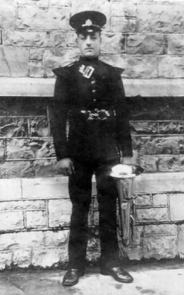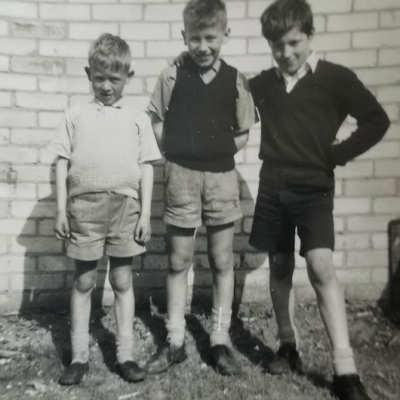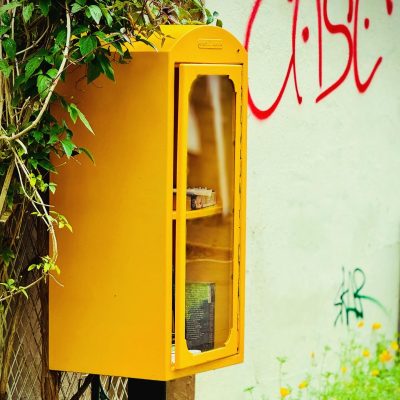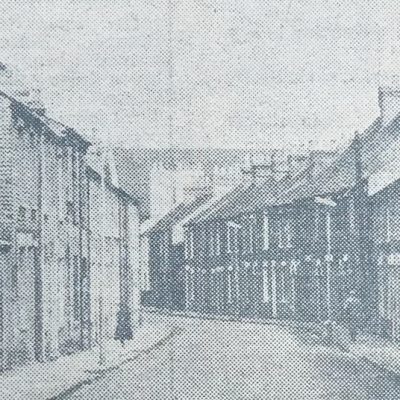Search by topic
- archaeology
- Building of Local Interest
- charity
- church
- crime
- dressmaker
- fire
- Great Eastern Railway
- Listed building
- Mapping Relief
- medieval
- oral history
- poverty
- Public House
- Rattee & Kett
- Religious House
- Roman
- scholar
- school
- Then and Now
- tudor
- women
- work
- world war one
- world war two
Search by text
163 Gwydir Street, Lorne Terrace
History of 163 Gwydir Street
1881
William Hibbert, head, 44, assistant superintendent Prudential Assurance co, b Wiltshire
Louisa, wife, 44, b Wiltshire
Louisa, daughter, 15, scholar, b Wiltshire
Amelia K, daughter, 12, scholar, b Wiltshire
Lois M, daughter, 10, scholar, b Wiltshire
Sidney H, son, 5, scholar, b Wiltshire
1890 (CIP 7.6.1890) Mrs Banyard wife of Philip Banyard builder of Gwydir Street died suddenly whilst on a visit to a friend on Wednesday. The deceased had been in delicate health for some time past. Death is attributed to heart disease.
1891
Philip Banyard, head, 42, widower, builder, b Cherry Hinton
Maud M J, daughter, 17, book keeper, b Cambridge
George P, son, 11, b Cambridge
Deborah, 29, sister, house keeper, b Cherry Hinton
Charles, 26, brother, bricklayer, b Cherry Hinton
1901
Harry H Martin, 31, tailor, b Cambridge
Mary A, 31, b Cambridge
Elizabeth J, 6, b Cambridge
Rosie G, 6, b Cambridge
Alfred W Garney, 21, boarder, carpenter, b Somersham
1911
Isabella Murray Macgregor, 37, midwifery, b Scotland
Emma Biscoa, boarder, 53, widow, private means, b Essex
1913
Miss McGregor, nurse
1916
CIP 7.1.1916: A Nurse Under Fire: Nurse McGregor, of 163, Gwydir-street, Cambridge. has received some very interesting letters from her sister. Sister C. A. McGregor, of the General Hospital, Mediterranean Expeditionary Force, detailing some of her experiences. Sister McGregor writes:
This is the third hospital ship have been on. It was on its wav from England to Alexandria and picked up at Malta from the H.S. Massilia. . . . Since I last wrote you we have had some wonderful experience.
I shall never forget the sight; poor Tommies crawling on hands and knees trying get up the gangway of the ship and others being carried. They did look a pitiful sight and some had not been washed for many days and were alive with vermin. The passenger nurses volunteered to help and were accepted. We got them soup, etc., and tried to make them as comfy as possible. I was nursing on the poop deck, about 50 lying on mattresses laid on the floor. All the nurses gave up their mattresses. and when these ran short the men had just to lie with a blanket. Poor fellows, they were most grateful for everything, and did so hope they would he sent to England. From Suvla Bay we took them to Malta – a few of the worst cases were taken off there, and the others were sent to Gibraltar, and the hospitals there are full. I expert the Tommies will get their wish and be sent to England. I hope so.
A SUBMARINE ALARM. Writing again under date Dec. 10th, Sister McGregor says:
About 7 p.m. last evening the boat suddenly stopped, and some of us went on deck to find out what was the matter, and saw that some of the R.A.M.C. men were wearing lifebelts. Then an order from somebody came “All on deck,” and we were told to get our lifebelts. However, that was a false alarm. We could see light ahead and had concluded it must be an enemy submarine, but instead it was a signal of distress and call for help from a ship’s crew whose ship had been sunk only two hours before by the enemy. There were three boats full, in all, 11 Britishers and the remainder Chinese. We spoke to the captain afterwards, a Scotsman. . . Two of his crew had been killed by the enemy’s shells when they tried to get away from the submarine, but it was no good. We had just got over the excitement and had settled down; some nurses would not undress, and lay with their lifebelts near: when, about 11.30pm the ship stopped again. After some little time of anxious waiting as to what was the reason. we found it was another ship’s crew in distress and asking for help. They were soon board, about 30 in all. excepting one Chinese, all Britishers, the captain a Liverpool man. They, poor fellows, had been in their small boats from 6 am. Before their ship was sunk the Germans came on to the ship and helped themselves to their stores and eatables, and they allowed the captain have his ship’s papers with him in return. These are some of the horrors of war. Pray God it may soon be over.
1962
Ernest A Butler
1970
Ernest A Butler
Contribute
Do you have any information about the people or places in this article? If so, then please let us know using the Contact page or by emailing capturingcambridge@
License
This work is licensed under CC BY-NC-SA 4.0









